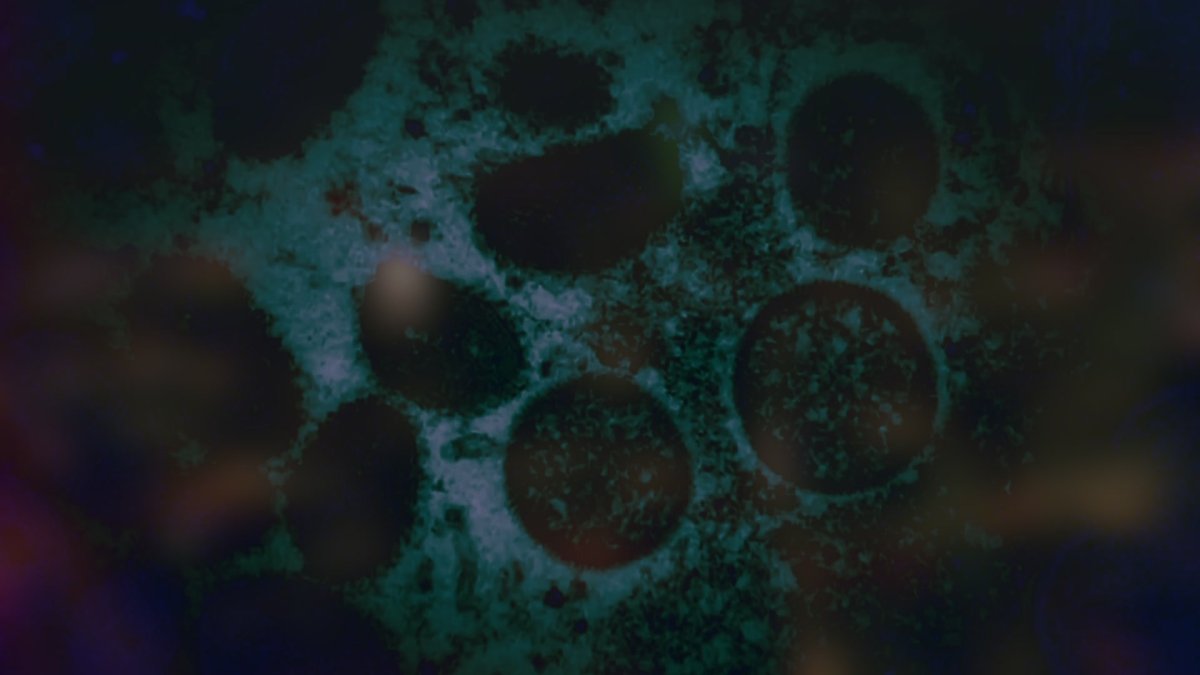
Monkeypox cases have risen sharply worldwide, leading the World Health Organization to declare a public health emergency of international concern. NBC 5’s Jen DeSalvo has the details.
Monkeypox cases have risen sharply worldwide, leading the World Health Organization to declare monkeypox a public health emergency of international concern. The designation, which is reserved for the most serious global health outbreaks, has also been given to COVID-19, Zika, H1N! flu, polio and Ebola.
The world has seen more than 16,500 monkeypox cases so far this year in 68 countries where the disease is not endemic, according to the Centers for Disease Control and Prevention. The U.S. alone has recorded more than 2,500 cases since May, though the actual number is believed to be higher.
With 238 infections reported as of Sunday, Illinois ranks fourth for the most cases out of all 50 states.
WHO Director-General Tedros Adhanom Ghebreyesus made the decision to issue the public health emergency declaration despite a lack of consensus among experts serving on the U.N. health agency’s emergency committee. It was the first time the chief of the U.N. health agency has taken such an action.
Feeling out of the loop? We'll catch you up on the Chicago news you need to know. Sign up for the weekly Chicago Catch-Up newsletter here.
“We have an outbreak that has spread around the world rapidly through new modes of transmission about which we understand too little and which meets the criteria in the international health regulations,” Tedros said.
“I know this has not been an easy or straightforward process and that there are divergent views among the members” of the committee, he added.
As more infections occur, here's what you need to know about monkeypox, including who is most at risk, possible symptoms and vaccination efforts.
Local
Spread and Symptoms
Monkeypox often begins with flu-like symptoms and swelling of the lymph nodes, and progresses to a rash on the face and body. But how is it spread?
Person-to-person transmission is possible through "close physical contact with monkeypox sores, items that have been contaminated with fluids or sores (clothing, bedding, etc.), or through respiratory droplets following prolonged face-to-face contact," according to the Chicago Department of Public Health.
Virus symptoms range from fever, aches and rashes all over the body.
"Suspected cases may present with early flu-like symptoms and progress to lesions that may begin on one site on the body and spread to other parts," CDPH previously stated.
Dr. Irfan Hafiz, an infectious disease specialist with Northwestern Medicine’s McHenry and Huntley hospitals, said the virus causes symptoms that are similar to several maladies, including chickenpox or smallpox.
“It can, to the layperson, look like chickenpox or warts,” he previously said. “But these (sores) tend to be in exposed areas.”
Health experts also stated the illness can be confused with a sexually transmitted infection like syphilis or herpes, or with varicella zoster virus.
Vaccines: Availability and Criteria
Supply is extremely limited in Chicago, as only 5,400 doses are available across the city. More than 15,000 doses are soon expected from the federal government, along with another 2,600 from the state of Illinois.
Currently, you are eligible for the two-dose vaccine if you have had close physical contact with a confirmed case or if you're a man who has had sex with another man and have done so in a social or sexual venue. Additionally, those who received money in exchange for sex or have had sex with anonymous partners are eligible.
The World Health Organization recently reported that the monkeypox outbreak “continues to primarily affect men who have sex with men who have reported recent sex with new or multiple partners.” The CDC has recommended the Jynneos vaccine for men who report more than four male sexual partners within the past 14 days.
As of last week, the U.S. had distributed 156,000 doses of the Jynneos vaccine to states and ramped up testing capacity to 70,000 tests per week. Many cities and states are offering vaccine doses to people with known or presumed exposure to the virus, including men who have sex with men and transgender, gender nonconforming or nonbinary residents with multiple sexual partners.